Signs You’ve Partnered with a Trustworthy Chimney Sweep
Chimney inspections and maintaining your chimney is vital to it being able to function long-term, so you don’t want to entrust it to just anyone. Someone who installs cabinets or garage doors isn’t qualified to take care of your chimney even if they try to convince you they are. It can be confusing, so here are some signs you’ve partnered with a trustworthy chimney sweep.
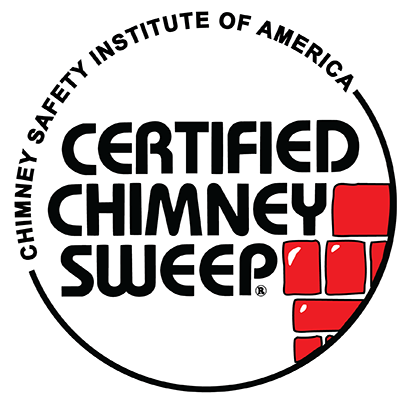 Look for a Certification
Look for a Certification
Unfortunately, no regulatory agency oversees the activities of chimney sweeps. Because of that fact, almost anyone can claim to be chimney sweeps, including scam artists who know nothing about the trade. The good news is that there is a gold standard of certifications when it comes to being a chimney sweep. The Chimney Sweep Institute of America (CSIA) is the premier chimney sweep educator in technical aspects and ethical behavior. If a chimney sweep is certified by the CSIA, you can count on their knowledge and professionalism. Another trustworthy certification is from the National Fireplace Institute, which is on par with CSIA.
Are They Insured?
Accidents happen, but you don’t want to be left holding the bill when they do. This point is crucial if you are about to sell your home. If damaged caused by a disreputable chimney sweep isn’t found before the sale, it could mean you will have to pay for the damage, possibly as the result of a lawsuit. A trustworthy chimney sweep will always be insured. In some areas, insurance may be required to operate as a chimney sweep and a sure sign that they are trustworthy.
Are They Licensed?
Another red flag is when a chimney sweep is not licensed, especially in an area where it is required. It’s another hallmark of a scam artist who may try to convince you to hire them from other services as well. Other times service companies who mean well, such as landscaping companies, will offer to clean your chimney but have neither the licensing of the training. Using an unlicensed chimney sweep could cause long-term damage to your chimney and put you and your family in danger from a fire.
Are They Experienced?
It’s not an automatic disqualifier if a chimney sweep is new to the field, as long as they are certified and licensed. The issue with new chimney sweeps is that they don’t have the experience to deal with unexpected or unusual chimney issues, and they may end up taking more time to figure out the problem, which will bring additional costs. An experienced chimney sweep will have dealt with most chimney issues and be able to resolve them quickly and efficiently. This fact is especially true for chimneys that have been around for fifty years or longer. They will be able to understand the chimney’s construction and if it requires hard to get parts. A new chimney sweep will take much longer to deal with old chimneys.
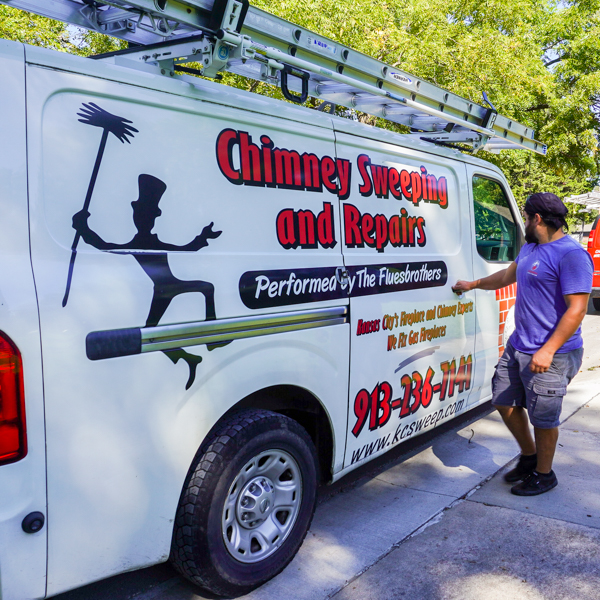
Do They Have a Good Reputation?
In the past, you would have to ask for references from a chimney sweep to find out how good they were, and most of those were assured to be good references. It is easy to find out if a chimney sweep is trustworthy in this day and age. Websites such as Yelp or reading a Google review for a company tell you everything you need to know about a chimney sweep. There will always be a certain number of negative reviews from people who like to complain, but if the majority of the reviews are complaints, you know it’s best to avoid that chimney sweep. Conversely, if most reviews are positive, it’s an indicator that you can hire the chimney sweep. You could use the old-fashioned method of asking for references, but it is unlikely that a chimney sweep even keeps customer references anymore.
You Can Trust Fluesbrothers for the Maintenance of Your Chimney
Fluesbrothers is a licensed, insured Chimney Sweep that is CSIA and National Fireplace Institute certified. We are also members of the National Chimney Sweep Guild and the Hearth, Patio, and Barbecue Association. We also have over a decade and a half of inspecting, servicing and repairing chimneys. So when searching for a chimney sweep in the greater Kansas City area, Fluesbrothers is a company you can depend on and trust.
The post Signs You’ve Partnered with a Trustworthy Chimney Sweep appeared first on Fluesbrothers Chimney Service.
 The moisture problem
The moisture problem Why you should use a chimney sealant
Why you should use a chimney sealant

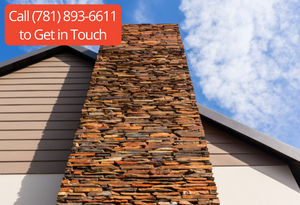
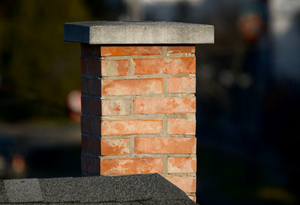 Flashing Separations
Flashing Separations 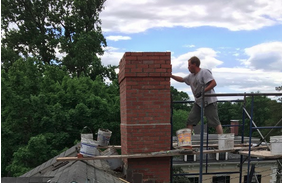 What is Chimney Pointing?
What is Chimney Pointing?
 Can You Repoint Your Chimney During the Winter?
Can You Repoint Your Chimney During the Winter?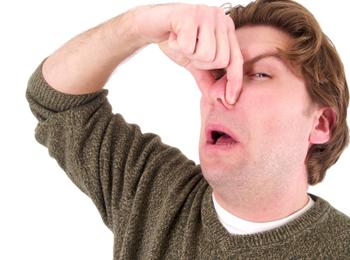
 Reputation
Reputation Annual inspections can help save costs
Annual inspections can help save costs